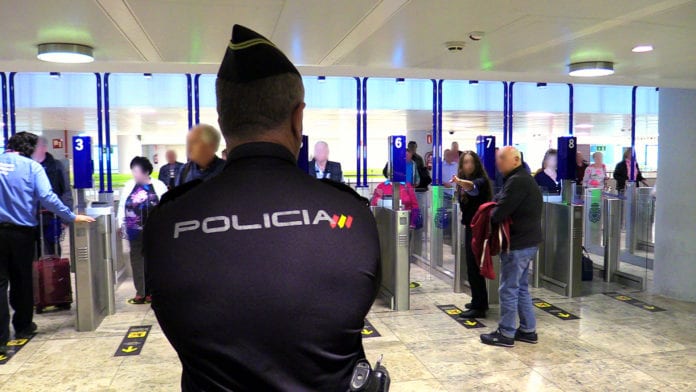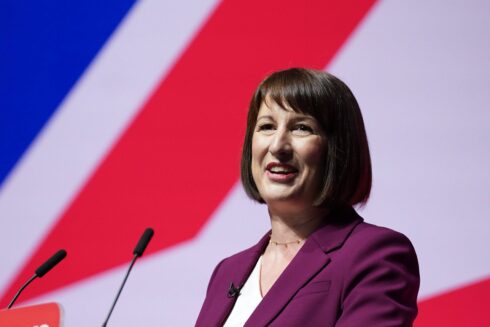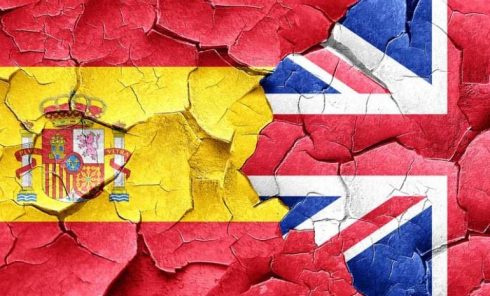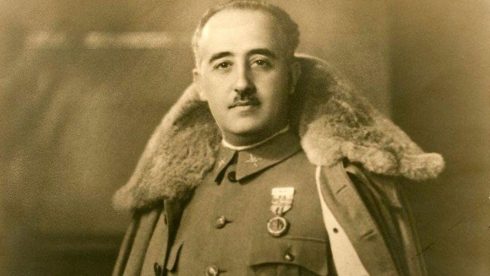INFLUENTIAL travel expert Simon Calder has warned Brits they could face holiday headaches at the Spanish border this summer.
Writing in the Independent, Calder pointed out that stringent post-Brexit rules mean that Brits may be asked to provide complex paperwork at the Spanish border.
The list of onerous documentation border staff might ask for includes proof of a return or onward ticket as well as travel insurance .
They may also demand you prove you have enough money for your stay in the country, which for Spain means a minimum of €1,020.60 (£862) for a nine day stay – or €113.40 per day.
READ MORE: Tourists are being put off returning to Spain after experiencing extreme heatwaves, survey suggests

A family of four holidaying for two weeks in Spain may need to show proof of €6,343 (£5,364).
Cash, traveller’s cheques, or credit cards with accompanying bank statements are accepted as proof, but online bank statements are a no-go.
If you are staying at your own property you must bring proof of ownership and if in a hotel a booking confirmation.
But the most loathed demand is that if you will be staying with a third party – eg. friends or family – the border police may require a Letter of Invitation.
The dreaded Carta de Invitación costs around £70 and takes weeks to obtain and requires the host to navigate a bureaucratic maze.
They must download a Spanish-only form, complete it, and submit it to the local police station. Additionally, they need to prove their relationship with the guest and ownership of the property, along with providing specific dates of the stay.
Interviews with the host by authorities are also a possibility.
However it is worth noting that Spanish border police have not been enforcing the rules for the overwhelming number of British tourists who arrive at airports.
The only reports of such obstacles have been at the Gibraltar border and with cruise ship passengers.
This new travel landscape is a direct result of the UK’s decision to leave the EU, shifting the freedom of movement once enjoyed by Britons to a more regulated and monitored process.
This adjustment aligns with the outcomes of Brexit negotiations, where the UK sought the status of third-country nationals.









